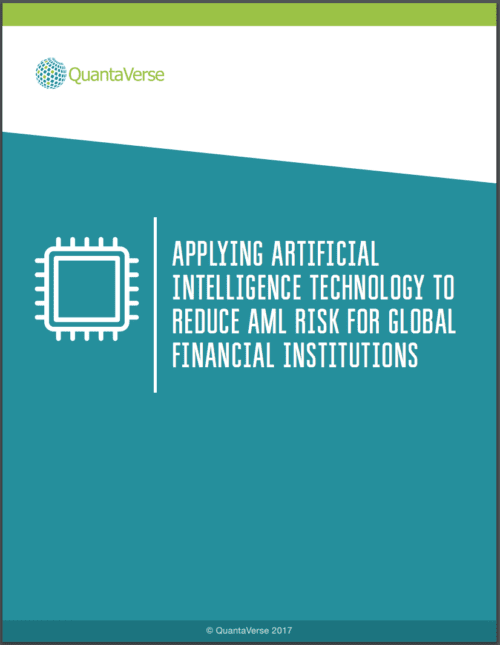How financial institutions can apply AI and machine learning technologies into their AML ecosystems.
The many inefficiencies of legacy transaction monitoring systems (TMS) that continue to hinder AML compliance programs.
If a financial crime does not violate a stated rule, the TMS will not flag it and a high volume of risky transactions could potentially go undiscovered. It is estimated that 50 percent of financial crimes pass through TMS unnoticed.
With TMS, the search for anomalies will frequently catch the normal transactions of legitimate clients. These “false positive” alerts trigger time-consuming and expensive human investigations. The industry estimates that approximately 95 percent of the alerts generated by TMS are false positives.
By leveraging advancements in data science such as artificial intelligence (AI) and machine learning, financial institutions can set a new standard of AML compliance, mitigating regulatory risk more effectively and saving the industry billions of dollars in fines.
The application of AI is a logical one that would not require financial institutions to replace their TMS, but instead allow them to keep systems in place while enhancing their AML ecosystems.
For instance, AI-based AML solutions, like the ones from QuantaVerse can reduce false positives by cleansing and enriching data before transactions flow through an institution’s TMS. After transactions pass through the TMS, an AI solution can then analyze the transactional data to detect false negatives, or anomalous behaviors, that may have been missed.











